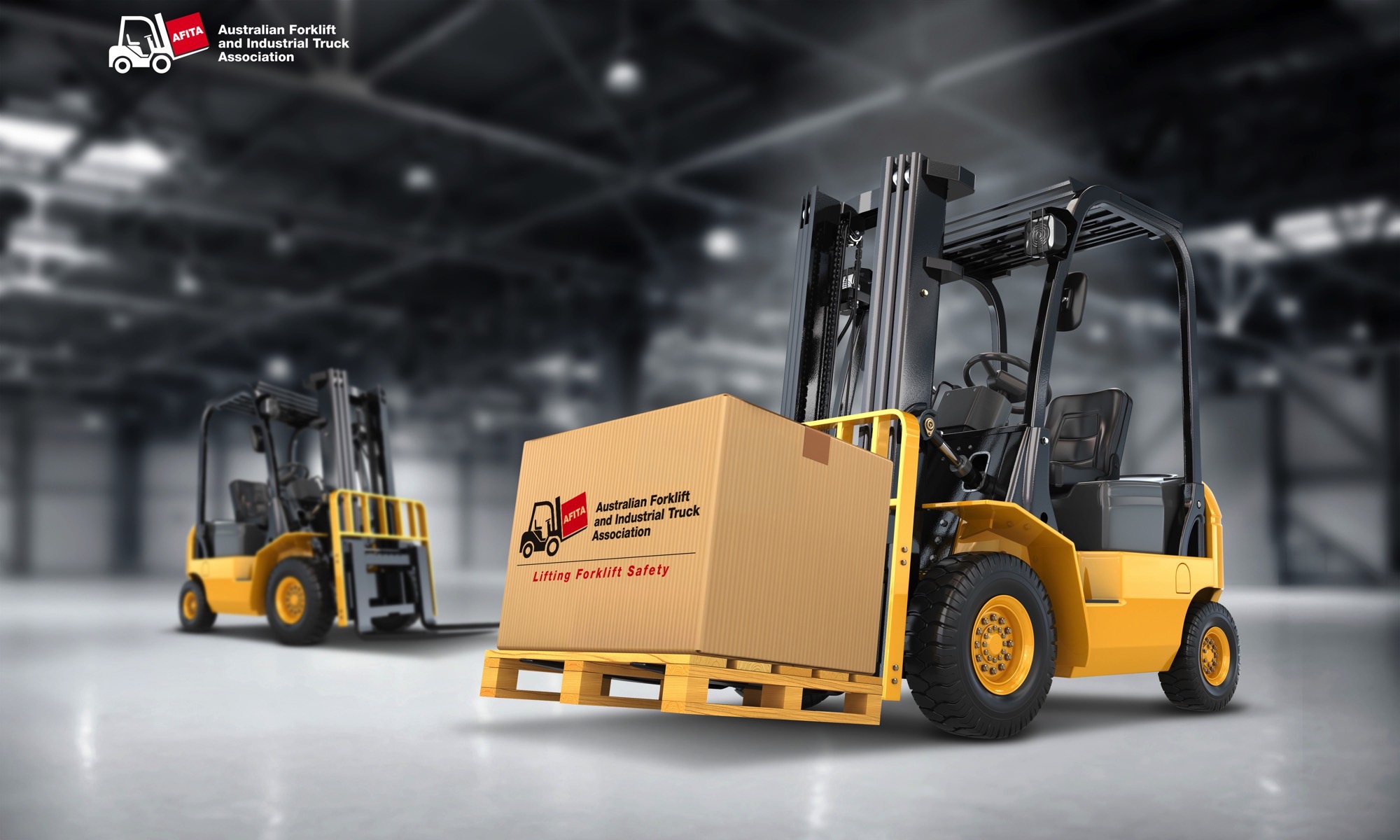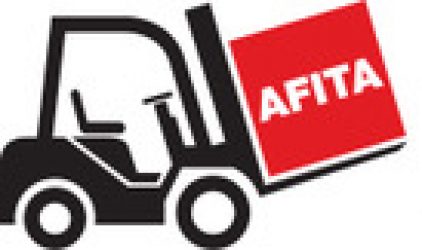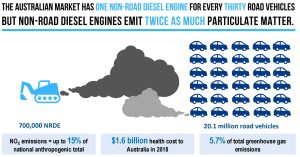In 2023, the Australian Forklift and Industrial Truck Association (AFITA) created an award to honour an individual or individuals from Australian forklift industry who have made an outstanding contribution to the value, recognition or reputation of the industry.
Eligibility: To be eligible for the AFITA Industry Award, the nominee:
- is an individual or individuals from the Australian Forklift & Industrial Truck industry;
- has made a significant contribution to the value, recognition or reputation of the industry
The Prize is to be awarded annually and presented at the AFITA Annual Dinner which will be held in 2023 in Brisbane on 1 June 2023.
Nominations are to be made in the form of a submission of no more than 500 words forwarded to the AFITA Executive Officer, Sue Hart.
The closing date for nominations for the 2023 AFITA Industry Award is
5 May 2023.
Continue reading “AFITA Industry Award 2023 – Nominations Now Open”


